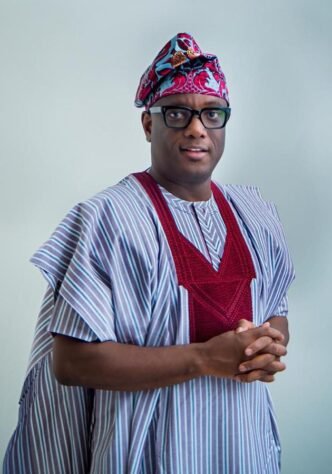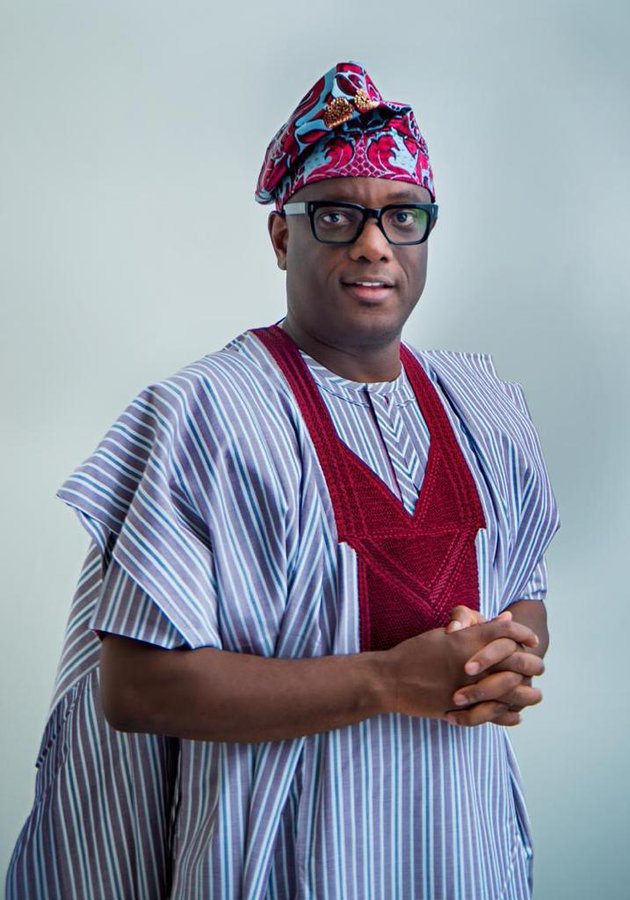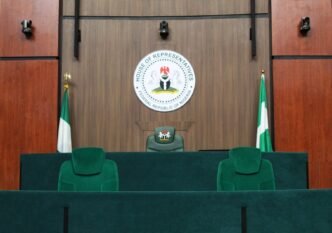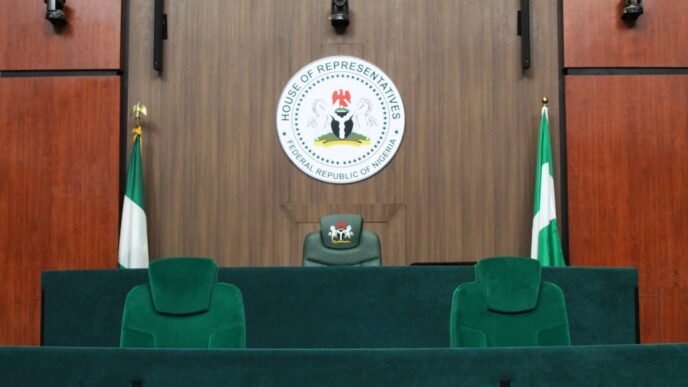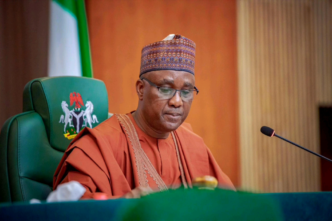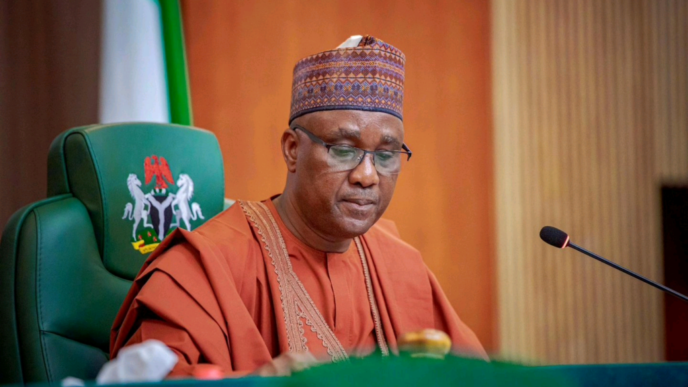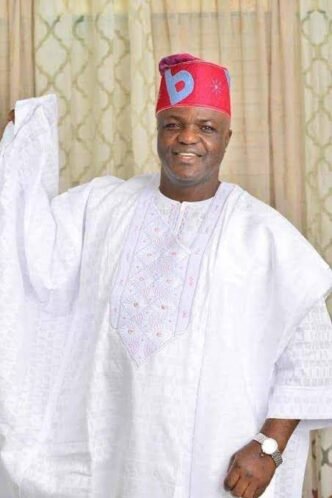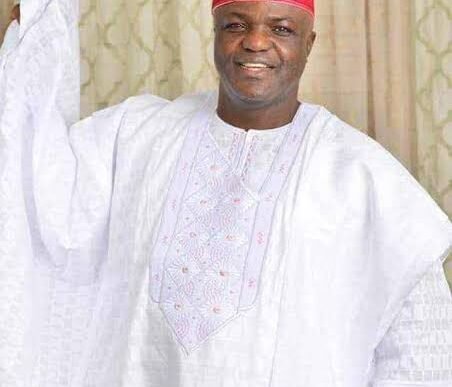HB. 1630 A BILL FOR AN ACT TO ALTER THE PROVISIONS OF THE CONSTITUTION OF THE FEDERAL REPUBLIC OF NIGERIA, 1999 AS (AMENDED) TO ALLOW FOR THE PARTICIPATION OF CANDIDATES WHO ARE NOT SPONSORED BY POLITICAL PARTIES IN PRESIDENTIAL, GOVERNORSHIP, NATIONAL ASSEMBLY, STATE HOUSES OF ASSEMBLY AND LOCAL GOVERNMENT COUNCILS’ ELECTIONS; AND FOR RELATED MATTERS, 2024
This Bill seeks to alter the provisions of Sections 7, 65, 106, 131,177, 221 and 228 of the Constitution to allow a person to run for elective office without the need to join a political party and be sponsored by it for the election. In such a case, such a person will until as an “independent candidate” to contest for elective positions at all levels. The bill is sponsored by Hon. Babajimi Benson. Bill progress-Committee Stage.
The Nigerian House of Representatives has introduced a significant legislative proposal, HB. 1306, which aims to amend the Constitution to require that all general elections—including presidential, gubernatorial, and legislative elections—be held on the same day. This initiative seeks to streamline the electoral process, ease the administrative burden on the Independent National Electoral Commission (INEC), and enhance overall voter participation.
Currently, Nigeria conducts general elections over several days or even weeks, leading to logistical complexities for both voters and electoral officials. By mandating a single-day election, the bill intends to simplify the voting process, making it more accessible for citizens.
A primary objective of HB. 1306 is to alleviate the considerable logistical challenges faced by INEC. Staggered elections necessitate extensive resources, including personnel and security measures, all of which can strain the commission. The proposed change is expected to optimize resource allocation and reduce costs associated with conducting multiple elections at different times.
Advocates for the bill believe that holding elections on a single day could significantly increase voter turnout. If Nigerians are required to visit polling units only once, it may encourage greater participation and reduce the potential fatigue that can arise from staggered voting. Higher voter engagement is essential for strengthening the democratic process, and this bill aims to facilitate that.
In addition to enhancing voter participation, the bill is projected to generate cost savings for the government. Conducting all elections simultaneously could lower expenses related to logistics, security, and other election-related activities, allowing these resources to be redirected toward public services.
Another argument in favor of HB. 1306 is its potential to minimize electoral malpractices. Staggered elections can create opportunities for manipulation, as results from earlier contests may influence subsequent voting behavior. By consolidating all elections into one day, the risks of such irregularities could be reduced, contributing to a more transparent electoral process.
However, implementing a single-day general election comes with significant challenges. Coordinating the simultaneous conduct of multiple elections across the nation will require extensive logistical planning and a substantial deployment of security personnel to ensure a safe and orderly voting environment.
Effective voter education will be crucial for the success of this initiative. Citizens need to understand how to navigate the voting process for multiple elections, whether through a single ballot or several ballots on the same day. A comprehensive voter education campaign will be necessary to prepare the public for these changes.
Additionally, counting and collating results for various elections at once may prove complex and time-consuming. Electoral officials will need to accurately process results for multiple contests simultaneously, which could lead to delays in the announcement of outcomes.
As of July 2025, HB. 1306 is in the early stages of the legislative process. Having undergone its First Reading in the House of Representatives, the bill will move forward to a Second Reading, where its principles will be debated. If successful, it will be referred to a committee for detailed review and public hearings, possibly leading to amendments before progressing to a Third Reading and consideration by the Senate.
The introduction of HB. 1306 marks a crucial attempt to reform Nigeria’s electoral framework, with the potential to enhance the efficiency, inclusivity, and transparency of the voting system. As the legislative process unfolds, various stakeholders will be closely watching its progress and implications for Nigeria’s democratic future.
